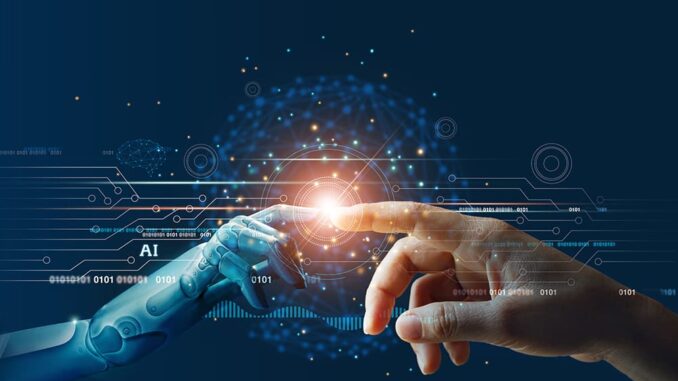
As the workforce increasingly integrates artificial intelligence (AI) and automation technologies, certain skills will become crucial for employees to thrive in this evolving environment. Here are some key future skills for the AI-driven workforce:
### 1. **Data Literacy** – **Understanding Data**: Ability to interpret and analyze data effectively, draw insights, and make data-driven decisions.









– **Statistical Knowledge**: Familiarity with basic statistical concepts to understand data trends and implications.
### 2. **Technical Proficiency**
– **Programming Skills**: Knowledge of programming languages (like Python and R) for developing and working with AI models.
– **AI and Machine Learning**: Understanding the fundamentals of AI and machine learning algorithms, as well as their applications.
– **Digital Tools and Platforms**: Proficient use of AI-driven tools and software to enhance workflows and productivity.
### 3. **Critical Thinking and Problem-Solving**
– **Analytical Skills**: Ability to evaluate complex problems, think critically, and develop effective solutions.
– **Creative Problem-Solving**: Innovating new ideas and approaches to existing challenges that AI might identify or exacerbate.
### 4. **Emotional Intelligence (EQ)**
– **Interpersonal Skills**: Ability to interact effectively with others, understand their emotions, and manage social situations.
– **Empathy**: Understanding and sharing the feelings of others, which is especially important in client-focused roles.
### 5. **Adaptability and Resilience**
– **Openness to Change**: Willingness to change and adapt to new technologies, processes, and work environments.
– **Resilience**: Ability to cope with challenges and bounce back from setbacks, particularly during transitions.
### 6. **Collaboration Skills**
– **Teamwork**: Working effectively in diverse teams, often with individuals from different backgrounds and skill sets.
– **Cross-Disciplinary Collaboration**: Engaging with professionals from various fields (e.g., data scientists, engineers, and business experts) to solve complex problems.
### 7. **Ethics and Responsibility**
– **AI Ethics Awareness**: Understanding the ethical implications of AI technologies, including biases and fairness.
– **Responsible AI Use**: Knowledge of how to deploy AI responsibly, considering privacy, security, and societal impacts.
### 8. **Lifelong Learning**
– **Continuous Education**: Commitment to lifelong learning and staying updated with the latest advancements in technology and methodologies.
– **Networking and Knowledge Sharing**: Engaging with professional communities to exchange knowledge and learn from peers.
### 9. **Change Management**
– **Leading Change**: Ability to manage, lead, and support teams through transitions that involve new technologies and processes.
– **Communication Skills**: Clearly and effectively communicating changes and their rationale to colleagues, clients, and stakeholders.
### 10. **Business Acumen**
– **Strategic Thinking**: Understanding the broader business context and how AI and automation can drive value and efficiency.
– **Market Awareness**: Keeping abreast of industry trends and evolving technologies that might impact the organization.
### Conclusion
As AI continues to shape the workforce, developing these skills will be essential for success. Organizations will need to prioritize training and reskilling initiatives to equip their employees with the necessary competencies. Individuals, in turn, should actively seek opportunities for personal and professional development to remain competitive in an AI-driven job market. Embracing these skills will enable workers to not only adapt but thrive in the future of work.


Leave a Reply